Why do we sleep?
We spend about one-third of our lives asleep and although much remains a mystery, sleep is essential and has many important functions.
In general, sleep allows the body to rest and conserve energy while giving it time to restore itself. Much of what we have learned about sleep has come from experiments where people have been deprived of sleep.
During sleep, the brain stores new information and clears out waste, allowing memories to be moved from short to long term storage, and builds communication between brain cells. Sleep deprivation has detrimental effects on many brain functions such as memory, learning, concentration, problem solving and decision making.
The body is resting during sleep and metabolic rate decreases by 15%. At the same time cells are being repaired, tissues grow and hormones are released.
Sleep is essential to keep the immune system strong. Proteins that fight infection, antibodies and immune cells are all made during sleep. Sleep deprivation makes the body less able to fight off infection, which is why you may have noticed yourself picking up a cold after a period of poor sleep.
Control of appetite and weight is regulated by hormones that are affected by sleep. A hormone called leptin makes you feel full after eating, but is suppressed by lack of sleep. Conversely, ghrelin increases appetite and is increased by lack of sleep. Therefore you may eat more and gain weight if you don’t get enough sleep. Sleep deprivation is associated with an increased risk of obesity which in turn can cause obstructive sleep apnea, further worsening sleep.
Sleep deprivation is also associated with high blood pressure and heart attacks as well as mental health problems such as depression and anxiety. There’s a two-way interaction between sleep and mental health problems as they can be the underlying cause of sleep problems such as insomnia.
What makes us sleep?
There are two factors controlling sleep: circadian rhythm and sleep drive.
Circadian rhythm is your body’s biological clock and runs on a 24 hour cycle. As well as sleep, it controls temperature, metabolism and release of hormones. Melatonin is the major hormone promoting sleep. Levels are low in the day but start to increase in the evening and peak in the middle of the night. Production of melatonin is decreased by blue light from television and screens, which is why they should be avoided in the hour before bed if you have difficulty falling asleep.
Sleep drive is the body’s desire to sleep, and increases the longer you are awake. A short nap decreases sleep drive and can make it more difficult to fall asleep at night.
What is a sleep cycle?
During sleep the brain cycles between non-rapid eye movement (Non-REM or NREM) sleep and rapid eye movement (REM) sleep, with more NREM sleep in the first half and more REM sleep in the second half of the night. A sleep cycle lasts 70-120 minutes.
Stage 1 (NREM) occurs when you first fall asleep and brain activity and heart and breathing rates start to slow down. This stage only lasts for 5-10 minutes.
Stage 2 (NREM) is still a light sleep but the brain and body activity slows further. This sleep stage comprises about half of the total sleep time.
Stage 3 (NREM) is also known as slow wave sleep and this is the deepest stage of sleep. Brain activity is even slower, and heart and breathing rates are at their lowest. Stage 3 sleep is needed in order to feel refreshed the next day.
REM sleep usually occurs after about 90 minutes of sleep and there are usually 3-4 REM periods during the night. The eyes move quickly from side to side during REM sleep, hence its name. The body is surprisingly active during REM sleep, as brain activity increases and heart rate and blood pressure rise close to wakefulness levels, while breathing becomes more irregular. Most dreaming occurs during REM sleep, but your muscles are temporarily paralysed to stop you acting out your dreams. It’s thought that REM sleep is important for memory and emotional regulation.
How much sleep do I need?
Everyone is different, but adults generally need 7-9 hours of sleep. You may be able to catch up on sleep at the weekend, but it’s better to try and have an adequate amount of sleep every night. Beyond the age of 60, sleep time tends to decrease and sleep may be more fragmented and poorer quality. Sleep hygiene refers to behaviours that promote good sleep, such as having a regular bedtime and avoidance of caffeine in the evening. More information on sleep hygiene can be found here.


